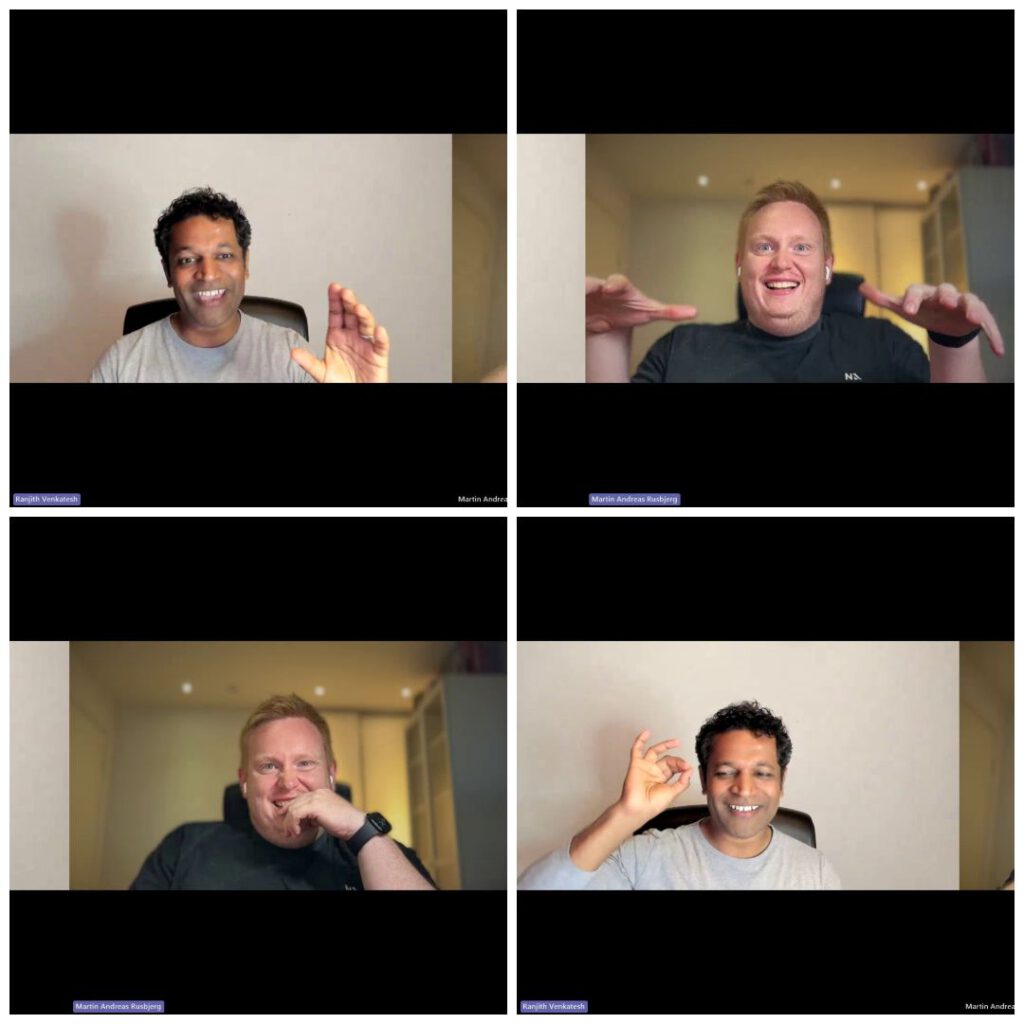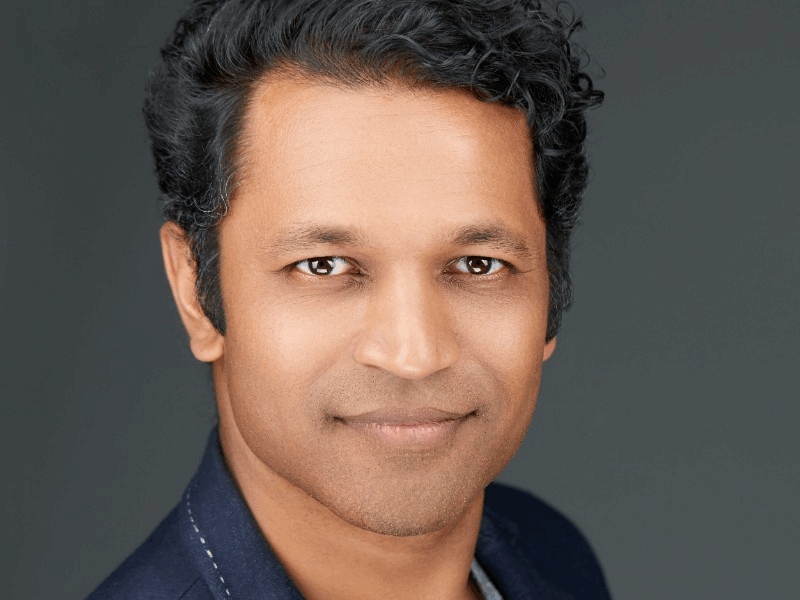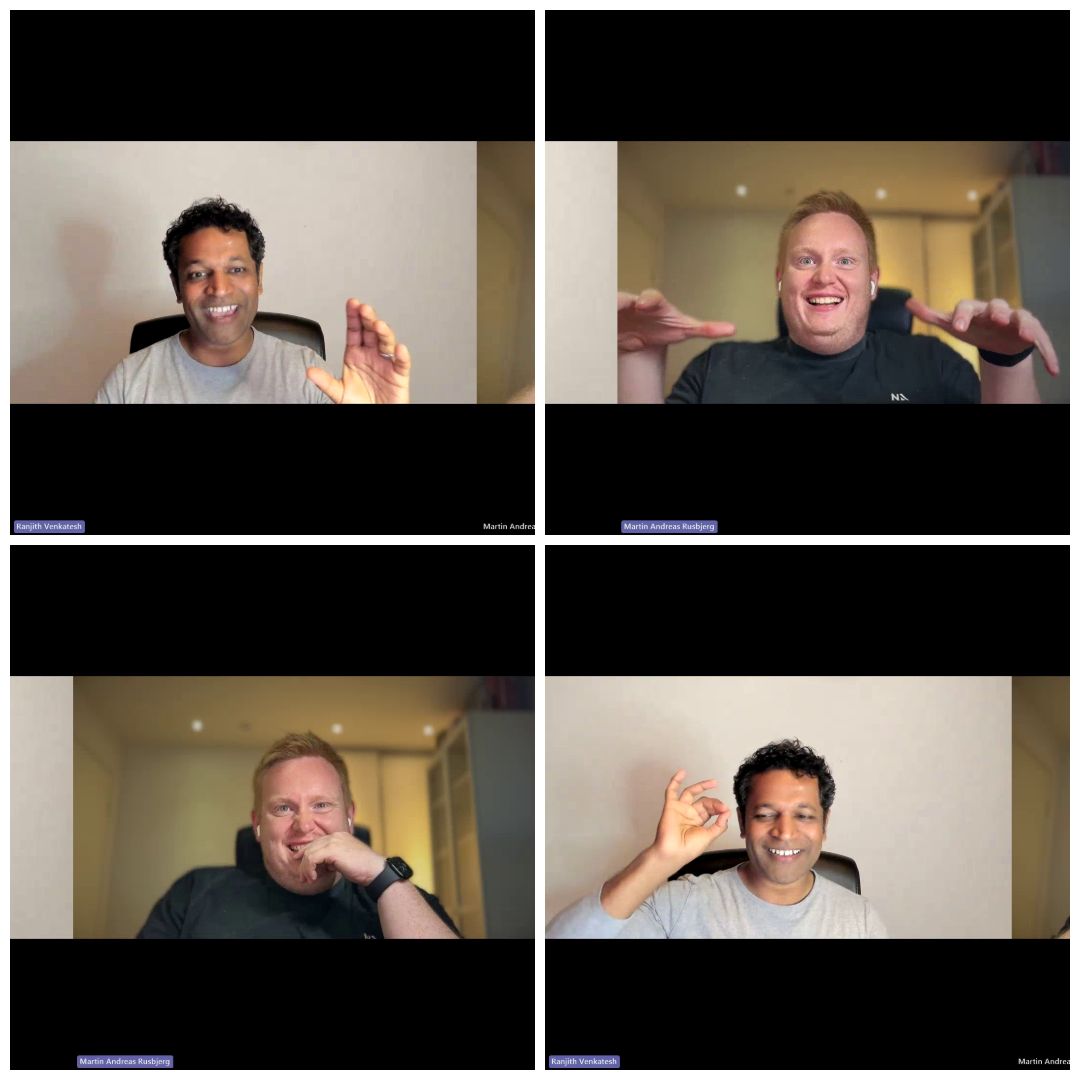
Martin, a native Dane, began his journey not as a gifted orator but as a “quiet kid” who was “shy” and “never really said much”. His teachers consistently informed his mother during parent-teacher conferences that Martin “didn’t say anything”. Academically, his grades were “pure rock bottom” in subjects like reading, writing, and math, making it “more impressive if he passed”.
However, Martin slowly realised he possessed an innate “gift of speaking”. He strategically leveraged this talent, focusing on coming across “confidently” during oral exams, which helped his grades rise “in all the vocal aspects”. Concluding that he could not excel at math or writing, he decided to focus entirely on developing his speaking skill, leading him to study rhetorics in high school where he concentrated on mastering presentation.
This groundwork led to a transformative two-year volunteer stint in the UK after high school, where he became a leader and was “forced to give more presentations” that “had to be top level”. His commitment reached its competitive peak after he was “tricked into Toastmasters” in 2019. Despite initially viewing the structured environment and precise timing as being run by “freaks” and “nitpickers,” Martin quickly took on leadership roles, serving as club President and Area Director for G4. He later won the European International Speech Contest, a victory that prompted his boss to give him a standing applause and led to a professional shift where he is now “fully in charge of communication” at his company.
3 Transformative Learnings
- The Receiver is More Important Than the Messenger: A key principle Martin learned during his voluntary work was that “the receiver is more important than the messenger”. He realised that speaking cleverly is pointless if the audience does not understand the message. This understanding forced him to adapt his speaking style, shifting from a “rougher” delivery used in cities like Scar Bro and Harle to a more formal, serious, and reflective approach when interacting with people studying their PhDs in York.
- Humans Connect Through Emotion: Martin’s acclaimed contest speeches were built on the fundamental belief that humans are “emotional beings” who “connect through emotions rather than rationality”. He believes that if humans were purely rational, everyone would have “six-packs” and be millionaires. To connect, he argues, speakers must “shock people”. This approach led him to slap the weighing scale in his speech, symbolising the emotional “slap” felt when stepping onto one.
- Leadership Requires Moral Authority: Martin adheres to the concept of “moral authority,” learned in England, which dictates that a leader cannot preach what they do not practice. As a leader, whether in the church or as Toastmasters President, he felt obligated to “go all in” and “push yourself” if he expected his members to “go beyond” and excel. His focus as President was to establish a proper “chain of command” and ensure all officers were strengthened, rather than allowing one highly experienced member to retain all the knowledge.
3 Key Takeaways for Communication and Leadership
- Continuous Innovation and Limit Pushing: To “stand out,” Martin resolved to “push all limits” and think about “what does nobody do”. He refused to start his contest speeches with the standard salutation to “grasp people at the end” and instead drove the audience on a “journey” from the beginning. He also embraced Steve Jobs’ quote that “creativity is simply connecting things,” applying this by forcing a link between seemingly unconnected ideas, such as relating obesity to achieving the “ultimate form” of a Pokémon.
- Leverage Recognition for Professional Growth: Martin advises that winning a contest “can change” careers. His own career was profoundly affected when his boss discovered his European victory on LinkedIn, resulting in a standing ovation and his promotion to a communication leadership role.
- Focus on the Next Skill Mastery: Having achieved the level where he feels he has “mastered the vocal” aspects of communication, Martin has shifted his focus to conquering the skill he once avoided: writing. This new challenge stems from discovering as an adult that he has “very bad dyslexia”. He is now actively studying writing and publishing frequently on LinkedIn to “make him [the quiet kid] proud” by mastering the written word.
Note: This article was summarised using the transcript of the Speaker Shine Podcast Episode using Google NotebookLM

